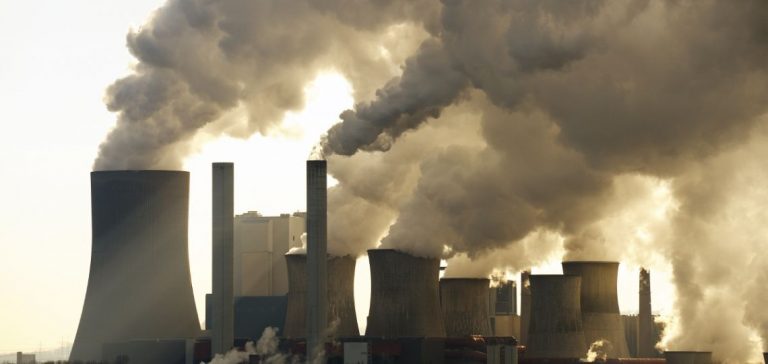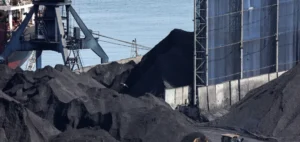Thermal coal derivatives in Europe continue to show strong momentum.
In August, volumes traded and cleared reached 32.3 million metric tons (Mt), up 4% on July and 20% year-on-year.
This increase was largely fuelled by volatile energy prices in the Atlantic region.
The European market remains particularly active, with CIF ARA accounting for 78% of total volumes traded.
The average price of CIF ARA coal, a key index for European players, fluctuated between $117 and $123 per tonne, reaching an average of $120.6 in August, compared with $109.5 in July.
This upward movement in prices is directly linked to the tensions on European energy markets, where the decline in renewable electricity production and concerns about the future of the energy sector have led to an increase in the price of coal. related to gas stocks have amplified demand for thermal coal.
Tensions over electricity prices
Europe’s energy markets are facing a rare spike in electricity prices.
In August, this atypical situation resulted from the decline in renewable sources, notably hydroelectric and solar, which saw their production levels fall compared to previous months.
Power sector players, particularly in southern Europe, had to turn to thermal sources, including coal, to meet growing demand.
At the same time, gas prices exerted further pressure on production costs.
Although coal-fired power contributed to this rise, France, with its robust nuclear generation, and Germany, with its electricity imports, limited the impact on coal production in these countries.
Analysts point out that these trends reflect a temporary adjustment of energy balances in Europe, where coal remains a short-term solution to make up for shortfalls in other sources.
Dynamics in Asia-Pacific
Demand for thermal coal is not confined to Europe.
FOB Newcastle derivatives, a key indicator for the Asia-Pacific region, saw volumes rise by 33.7% in August, to 6.3 Mt.
This increase is mainly attributed to growing demand from countries in the region, notably due to increased energy requirements during the summer season.
However, this increase contrasts with the performance observed in South Africa, where FOB Richards Bay derivatives volumes fell by 50% in August, to 667,000 tonnes.
This was due to a drop in European demand for South African coal, as European buyers preferred to secure their supplies via sources closer to home or linked to other economic factors.
Short-term outlook
Thermal coal markets, particularly in Europe, remain highly volatile, fuelled by geopolitical factors and variable weather conditions.
While gas prices continue to weigh on energy production costs, thermal coal is still a key source for stabilizing electricity prices, especially in countries where renewable sources are unable to meet demand.
This dependence, albeit temporary, is set to continue over the coming months, as European energy markets undergo major reorganization.
However, the increase in electricity imports, notably from neighboring countries and thanks to nuclear infrastructure, could reduce the need for thermal coal in some states.






















